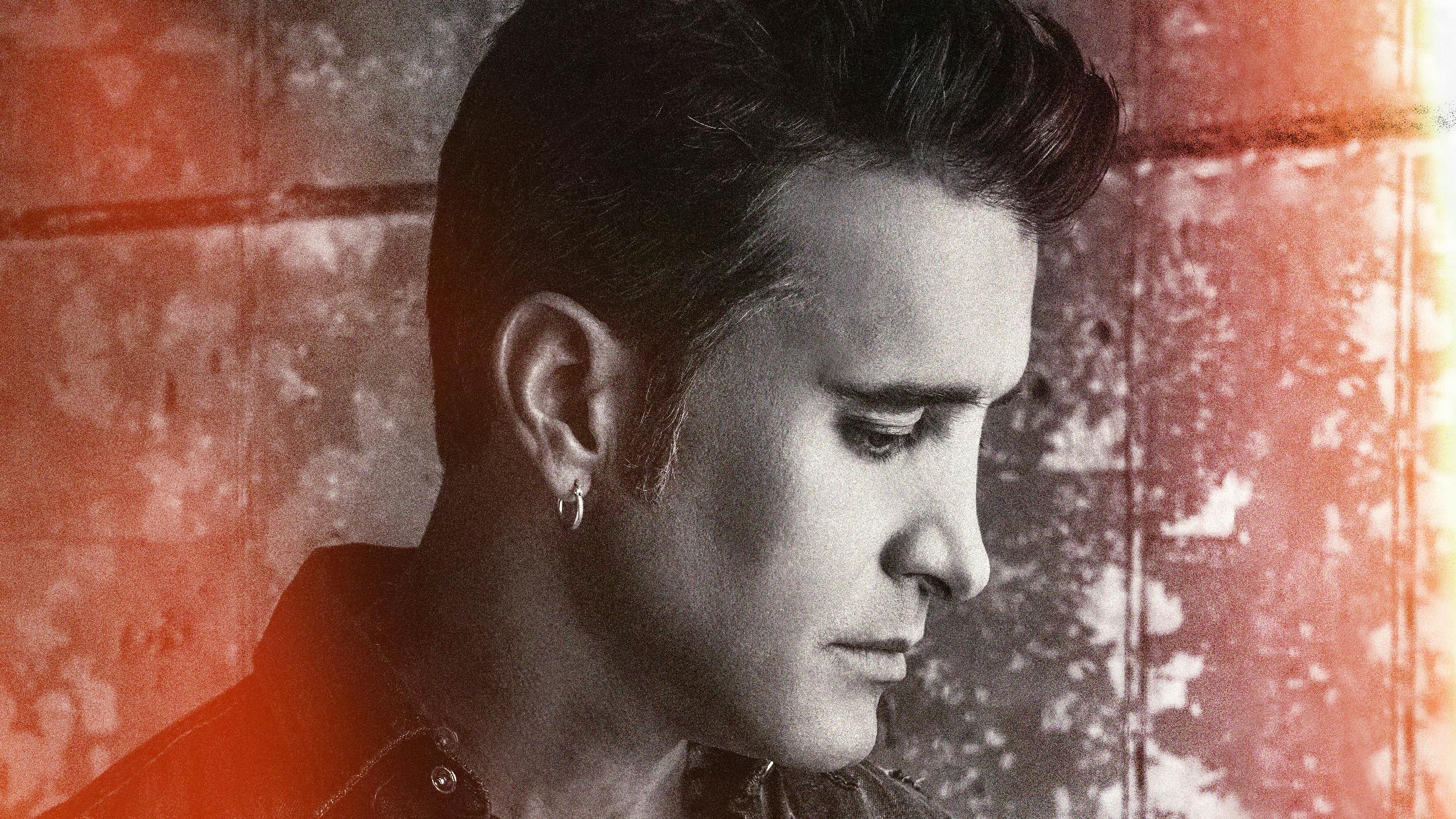With hindsight, is there anything you would have done differently in terms of reacting to your depression?
“Knowing what I know now, I would have gone to someone who specialises in that and I would have put everything on hold realising that it wasn’t all about today, right now, this month – that all that would have still been there had I taken the time to get the help that I needed. And everything probably would have been different had I said, ‘Hey – I’ve got to take six months or a year off to get the help that I need so this can continue on forever.’ So I would have put the brakes on everything and got the help that I needed, whether people understood it or not. Because there was a much different understanding – people weren’t talking about it like they are now. There wasn’t the knowledge, the understanding, the compassion – there was a lot of stigma and a lot of lack of understanding, so when I did try to share what was going on with me, even to the people closest to me, they didn’t get it. And some of them misunderstood it as something that it wasn’t. So I think today is a much different scenario than it was 20 years ago.”
Heaven In Me on this new record kind of addresses this, but what impact did going through all that stuff have on your faith? It must have really shaken your belief system.
“Yeah. There were some times where I was very angry, there were some times where I literally cut off my connections to my faith and my spirituality and was bitter and felt, ‘Why is this happening to me?’ And I blamed God and really had a lot of resentment and anger inside and I channelled that towards my belief system and turned my back on it for a period of time. But that only made things worse, and I spiralled further and further and deeper and deeper into a dark place. And I do talk about that in Heaven In Me – that even though I did that, I can look back now and reflect and realise that faith and spirituality and, as I see it, God never abandoned me. Because there were many, many times when my life should have been extinguished. I should not be here. And it was only by the grace of God, in my opinion, that I was spared.”
Are you talking specifically about the time you tried to end your life, or just in general?
“Well, there’s been some misreports about that. When I fell from the hotel, like I wrote in my book, that was an accident. That wasn’t a suicide attempt. There was only one time when I came close to going through with it and not pulling the trigger, and – as I talk about in my book – in the throes of that moment, I saw a picture of my son and dropped the weapons and I began to cry. I couldn’t do it. And that was the closest I ever came. But that situation – and even the fall, even though it was an accident – was drug and alcohol-fuelled. I should not have survived that fall. Even the doctors said, ‘We don’t know how you survived this fall.’ And there were many other circumstances during those dark times where I should not have made it because of the amounts of chemicals I had in my body, so I look back and, like I said, by the grace of God, survived that. I think knowing that has really inspired me to want to help others that are going through the same things. Because I feel like I was spared and I want to help others because of that.”
